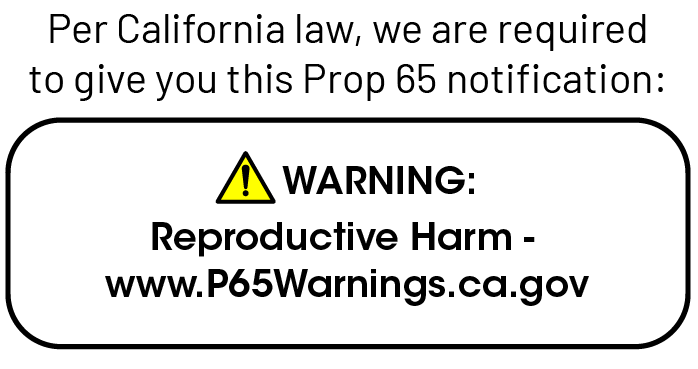How Does Vitamin C Work For Your Skin? | Skin Actives
Posted by Dr. Hannah Sivak and Brendan Leonard on Sep 15th 2020
Vitamin c works on two levels: as a vitamin and as an antioxidant.
As a vitamin you don’t need that much. Vitamin C will help your skin make collagen, as long as your skin also has the other resources required, such as: amino acids, epidermal growth factor, for example. An excellent product for this purpose is Skin Actives Collagen Serum.
For an antioxidant, it is best to have Vitamin C as part of a mix of antioxidants, like you will find in our Skin Actives Antioxidant Serum or Antioxidant Day Cream. As an antioxidant, ascorbic acid and some vitamin C derivatives, like magnesium ascorbyl phosphate, will disarm Reactive Oxygen Species (ROS*) produced by pollutants and by our own mitochondria as they produce energy through respiration.
There is another use that is somewhat less broad. Some people use vitamin c as an acid via ascorbic acid. But, more precisely, as an alpha hydroxy acid (AHA) because an acid will work as an exfoliant. In this case, you need a concentrated and acidic ascorbic acid solution. And this exfoliant should not be neutralized.
So if you are looking for an exfoliant, make sure there is no base (alkali) like potassium hydroxide or sodium hydroxide, because you would be cheated and instead of using an AHA (alpha hydroxy acid), you would be using a salt solution!
For this, you can use Vitamin C serum 15% or 20% from Skin Actives. This is not the type of product that you should use if you have sensitive skin or if you are using retinoids, because retinoids promote skin renewal by themselves. And remember: exfoliation removes the skin barrier and makes it easier for the skin to be damaged by oxidants or by UV. If you exfoliate, don’t forget your sunscreen!
How Vitamin C works
Every human needs Vitamin C. Our body needs it and we can’t make it ourselves. We need to ingest it as food.
Why does the skin, in particular, need vitamin C? Because ascorbic acid is essential for the “finishing touches” on collagen. If collagen does not get those biochemical finishing touches, it can’t work. Many organs in the body need vitamin C, this is why we make sure we get it in our food in oranges or any food that contains it.
Why use vitamin C topically? As we age, our skin may not get enough vitamin C even if we ingest it. However, please note that vitamins are required in very small amounts, and this is just as true for the role that ascorbic acid plays in collagen synthesis.
As an antioxidant, it does not hurt to use higher concentrations of vitamin C because, especially if you are dealing with city pollution, we need more antioxidants on our skin.
How often should you apply one and what time of day?
Some active ingredients are very sensitive about what time of day you apply them, making day and night very important. Fortunately, vitamin C is not light sensitive and our skin keeps working all the time, even when we are asleep.
What Should I Look For in a Vitamin C Product?
A vitamin c serum or cream that is going to work for you should give the vitamin C an environment that preserves its core structure. Without this, the vitamin C will oxidize, causing it to work against your skin!
How? Oxidized ascorbic acid is a pro-oxidant. Just as ascorbic acid can donate electrons to your skin, oxidized ascorbic acid will be hungry for its missing electrons.
Do: Look for a serum or cream that contains a stable form of the vitamin, like magnesium ascorbyl phosphate (MAP). As a vitamin C derivative MAP is stable and will form ascorbic acid once it is in your skin.
Don’t: Use a product with copper or iron. Copper or iron will promote ascorbic acid oxidation. So be on the lookout for vitamin c products that contain either copper or iron.
Additions like vitamin E, ferulic acid or phloretin will help very little at slowing down the oxidation process. Especially in a very concentrated ascorbic acid solution, a hint of ferulic acid is more or less symbolic.
Warning! Oxidized (brownish) vitamin C will not work as an antioxidant BUT as a PRO-oxidant! Don’t put oxidized ascorbic acid on your skin.

